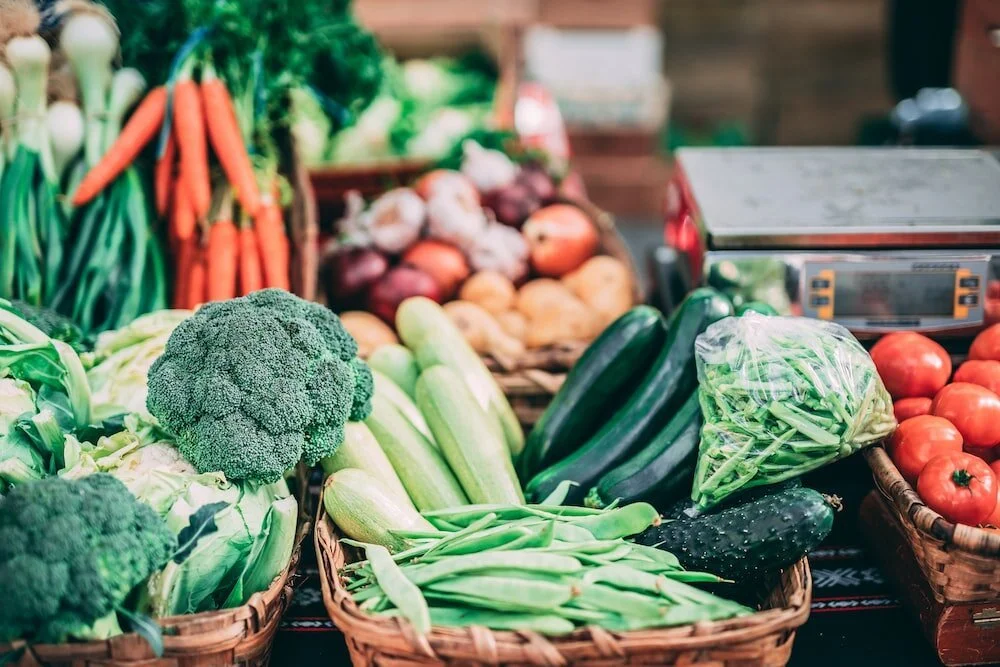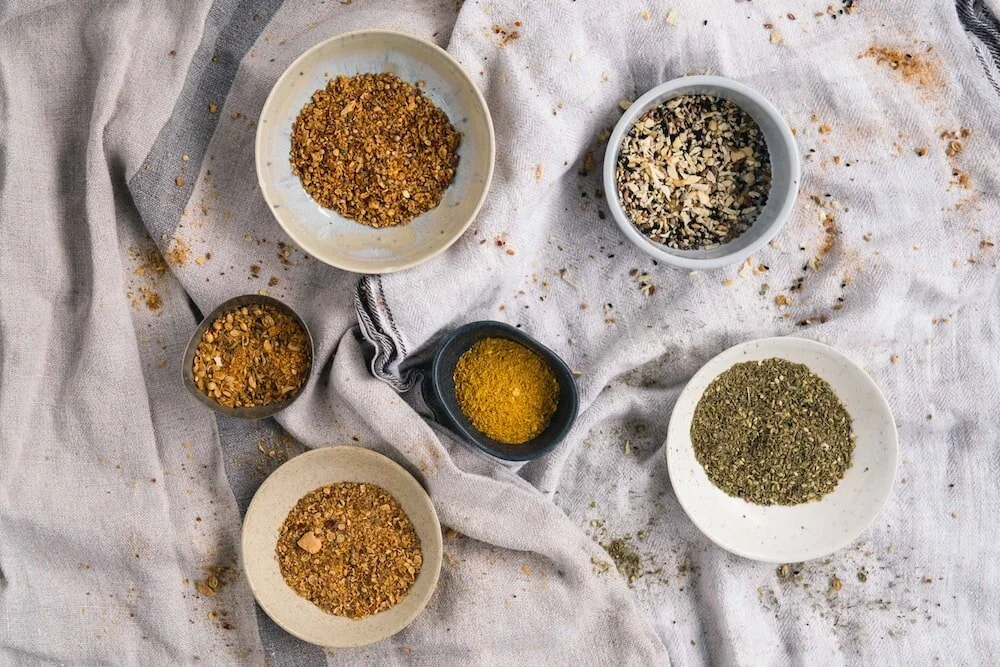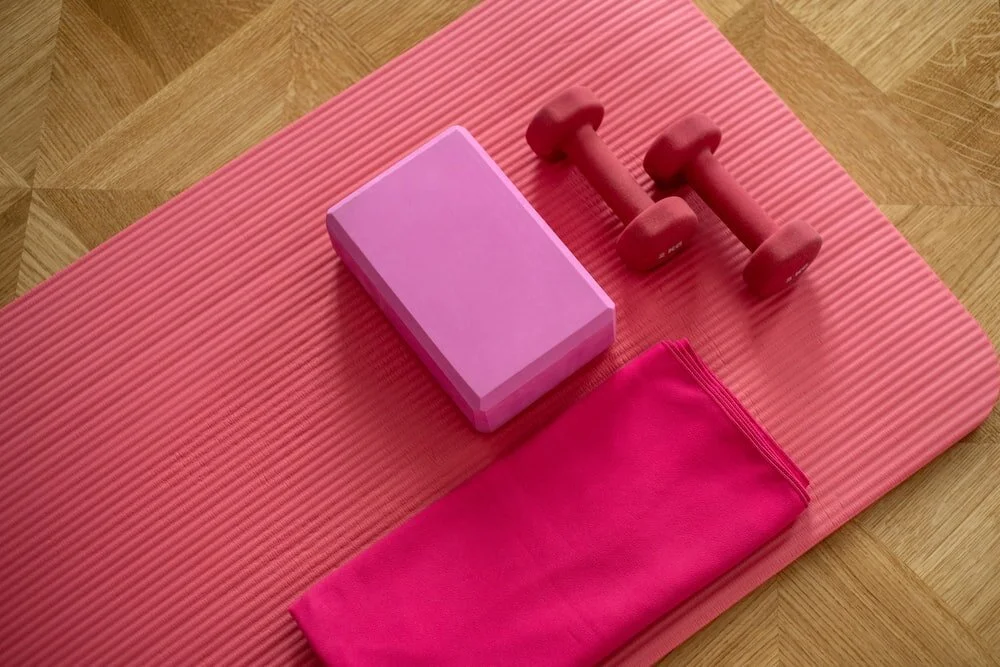5 Simple Ways To Boost Your Immunity & Gut Health
“Just because no one else can heal or do your inner work for you, does not mean you can, should or need to do it alone.” – Lisa Olivera
At The September Project HQ, we’ve all been loving the balance our daily routines offer us. Since the pandemic began, we’ve been prompted to dive deeper into our habits and rituals, revamping old ways that are no longer serving us.
From diet and sleep, to stress and exercise, everything we do plays a role in how we think, feel and act. If our habits aren’t working, we have the power to change them.
So, we wanted to check in with you. In these challenging times, it’s important to lift each other up; what works for us might also help you create the temple in your body that we all deserve. As Lisa Olivera’s quote says above, nobody needs to heal alone.
The gut is our starting point. It’s linked to nearly every system and organ in the body, including our brain, digestive system, immune system and hormones. Nearly 80% of disease stems from our gut – there’s a scientific reason you’re told to “listen to your gut” when something feels off!
Gut health is a great place to start when exploring ways to stay healthy right now. The gut is largely impacted by diet and lifestyle, meaning we can nourish it in many ways ourselves. We have some control over what we eat, the job we interview for, the family we build, the relationships we keep and the environment we live in. Making positive changes to our diet and lifestyle can impact our overall health and life.
The best part about this is getting started is easy! Simple tweaks to your daily routine can help boost your immunity, protect your gut and make you feel better.
Here, we’ve shared five quick and natural tips to give your immunity and gut health the helping hand it needs.
1. Quality whole foods = more prebiotics
Prebiotics are the best friend of healthy gut flora. They improve digestion, nourish good bacteria, reduce inflammation, support immune function, improve cholesterol levels, help level hormones and lower the risk of weight gain, obesity and cardiovascular disease. They truly are wonderful!
The great news is that probiotics are plentiful in many foods. Here are some prebiotic-rich foods to add to your diet + how you could eat them:
Oats. How about a delicious bowl of porridge for breakfast?
Navy beans, garbanzo beans and black beans. Big pot of chilli, anyone?
Cashews, pistachios, flax seeds and hemp seeds. The makings of a beautiful yoghurt topper.
Grapefruit, peaches, persimmon, berries and nectarines. The beginnings of a delicious fruit salad!
Potatoes, artichokes, jicama, onions and garlic. Crisped up in the oven – mmm!
Lentils and green peas. Is there any food more comforting than a warm bowl of dhal?
2. Probiotics help, too!
Probiotics are gut flora boosting microorganisms. They often come in supplement form, but an easy way to utilise them is by incorporating fermented foods into your diet. Fermented foods are not only delicious, but they can help increase microbial diversity.
Some fermented foods to try:
Kimchi! You could pair it with
this zesty, fresh poke bowl.
Yoghurt: Delicious on its own or with your favourite toppings. We love banana, strawberries and hemp seeds on ours.
Kombucha: The ultimate refreshing drink to start your day.
Sauerkraut: Delicious atop avocado on toast.
Miso: Mix the paste with hot water and you have a nourishing broth.
Tempeh: Swap out the tofu for tempeh in this pomegranate citrus salad.
[link broken]
Pickles: Whether it’s a red onion pickle that you like or pickled cucumber, pickle ferments add a zing to any dish.
3. Prioritise relaxation
Stress reduction is a major way to prioritise your health. Stress can really impact our gut bacteria, so it’s important to check in with yourself to better understand what’s stressing you out. Are you under tight deadlines at work? Are you a working parent struggling to juggle everything? Try pinpointing one or two things that really make your head spin and write them down. Next, make it a priority to unwind by making one or more of the following lifestyle modifications. If you need some more comprehensive ways to embrace self-care,
our guide might help.
Remember, destressing looks different for everyone. But here are a few pointers:
Try to meditate – even just two minutes a day can help
Practice breathing exercises – youtube has excellent breathwork tutorials
Go for a walk or run, or join a friend at the gym
Take a bath with essential oils. Lavender is a lovely one to relax
Take a nap – 20 minutes can do wonders
Catch up with a loved one. If restrictions don’t allow it, perhaps give them a call
Read before bed
Treat yourself to something that brings you joy
Have a quiet night in with a delicious meal and a movie
4. Spice up your meals
Herbs and spices not only season your food, but they’re also healing for the gut. Ancient practices, such as Ayurveda and Traditional Chinese Medicine, have long advocated for the use of numerous herbs and spices to stimulate digestive enzyme and bile production, promoting healthy digestion.
Using a range of herbs and spices has also been shown to support hormone balance, reduce inflammation, lower cholesterol levels, curb nausea, alleviate abdominal pain, reduce stress and boost brain function, to name just a few benefits.
Some easy spices to order in your next grocery shop include:
Asafetida: a great onion alternative
Nutmeg, cardamom, cinnamon: these spices make a delicious cup of chai
Coriander, cumin, fennel, turmeric: add to your curries for a warming blend
Ashwagandha: a wonder-herb for stress and anxiety
Saffron: a beautiful red spice rich in antioxidants
Ginger: a cup of lemon and ginger tea can soothe sore throats and settle sore stomachs
5. Move your body
Have you ever had to hustle to the bathroom during or after exercise? That’s because movement supports digestion by increasing blood flow and stimulating the bowels.
Moving for just 30 minutes a day, five times a week, can improve gut and overall health.
To support your microbiome, try:
yoga, tai chi or aerobic activities.
To support your digestive tract, try:
yoga poses such as seated spinal twist, cat-cow and child’s pose. Focus on stretching, lengthening your abs and breathing. Long, deep breaths can really stimulate your digestive tract.
To support a healthy weight, relieve stress and reduce inflammation, constipation and bloating, try:
walking, running, cycling, jumping rope or another aerobic exercise that you really love doing.
An easy way to support digestion after eating:
go for a relaxing walk when you’ve finished your meal. Taking just a 15 minute walk after eating can significantly aid digestion. It’s also been shown to help balance blood sugar levels.
We hope these five tips can help you set some healthy goals, change some daily routines and nourish your body the way it deserves. Remember – little steps are so important and worthy so never be hard on yourself for not achieving every goal at once. We’re here to support you, in whatever your journey looks like.
Are you ready to try any of these tips that we’ve shared? If you’ve tried one and it’s worked for you, we’d love to hear about it over on Instagram. Simply tag us in your post @theseptemberproject_ and tell us your experience. We’d also love to hear about any extra tips that work for you and your body.






